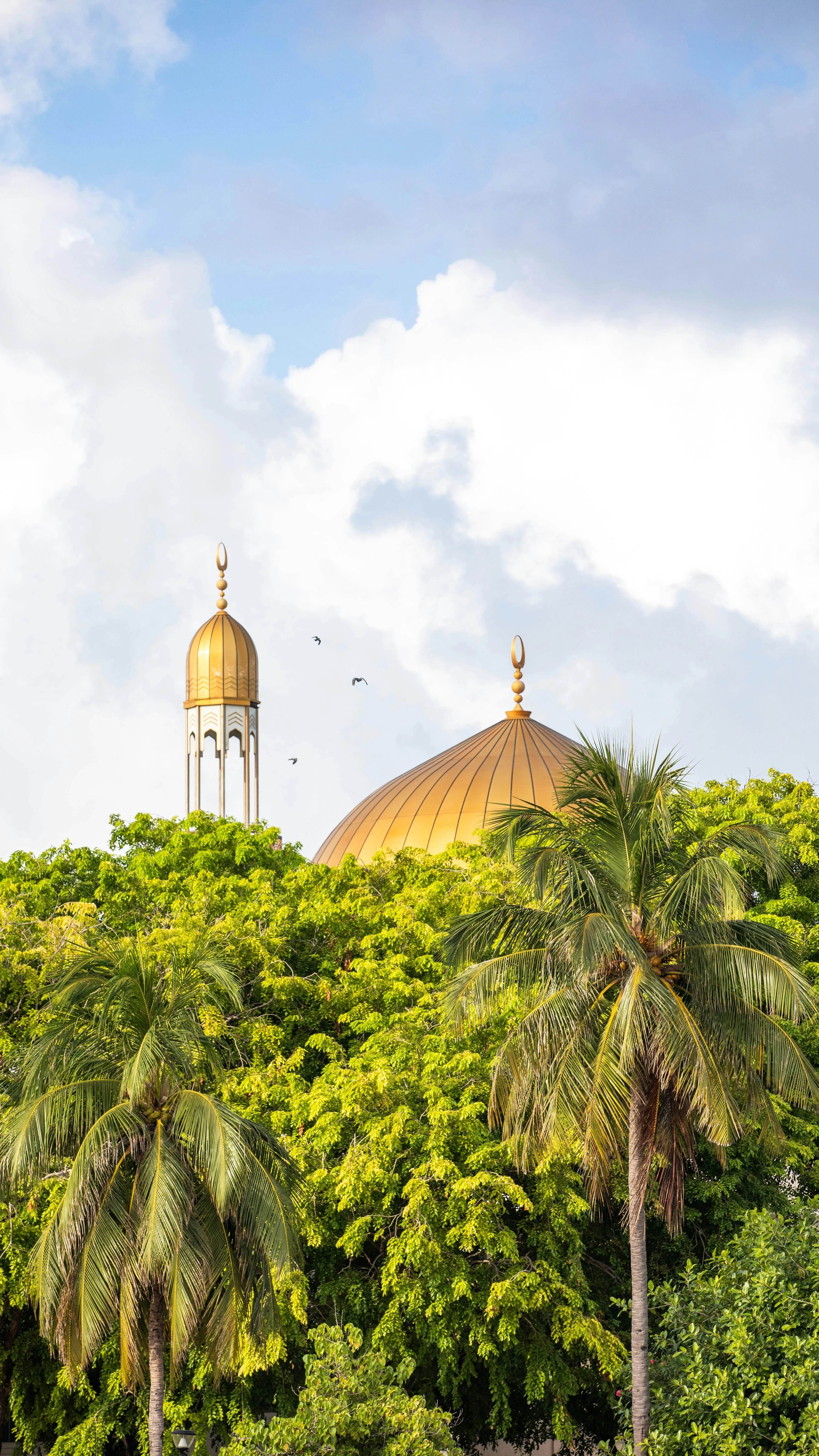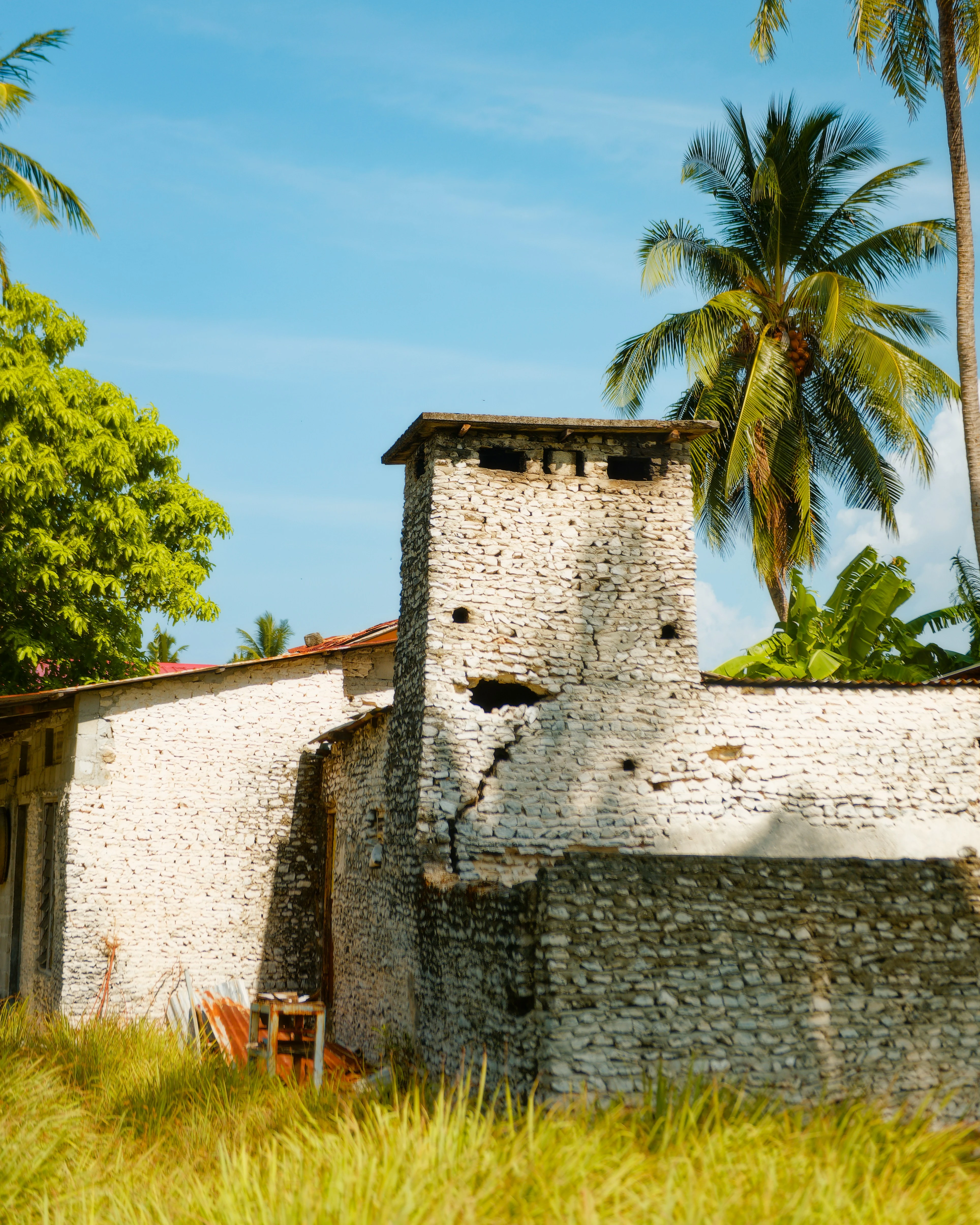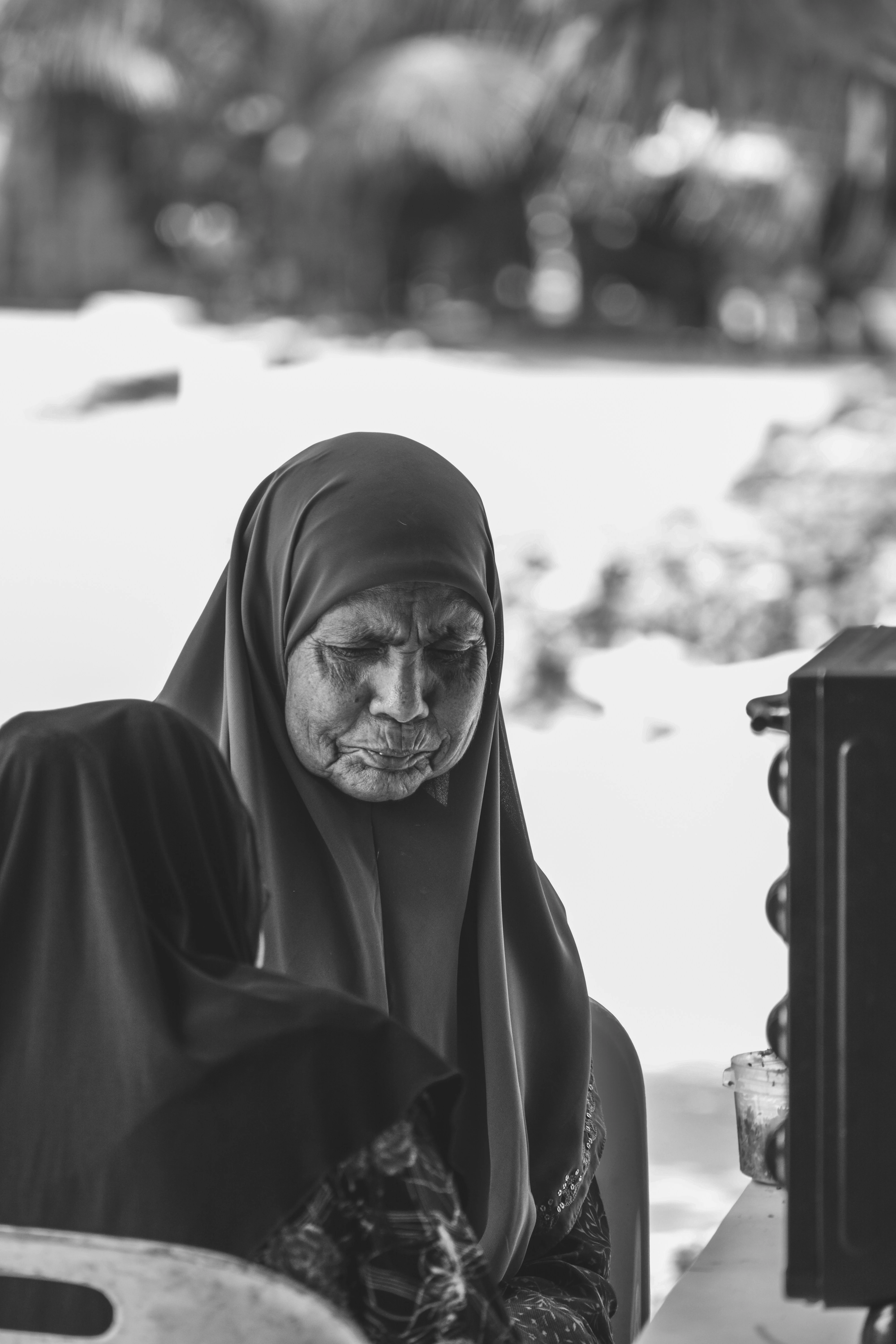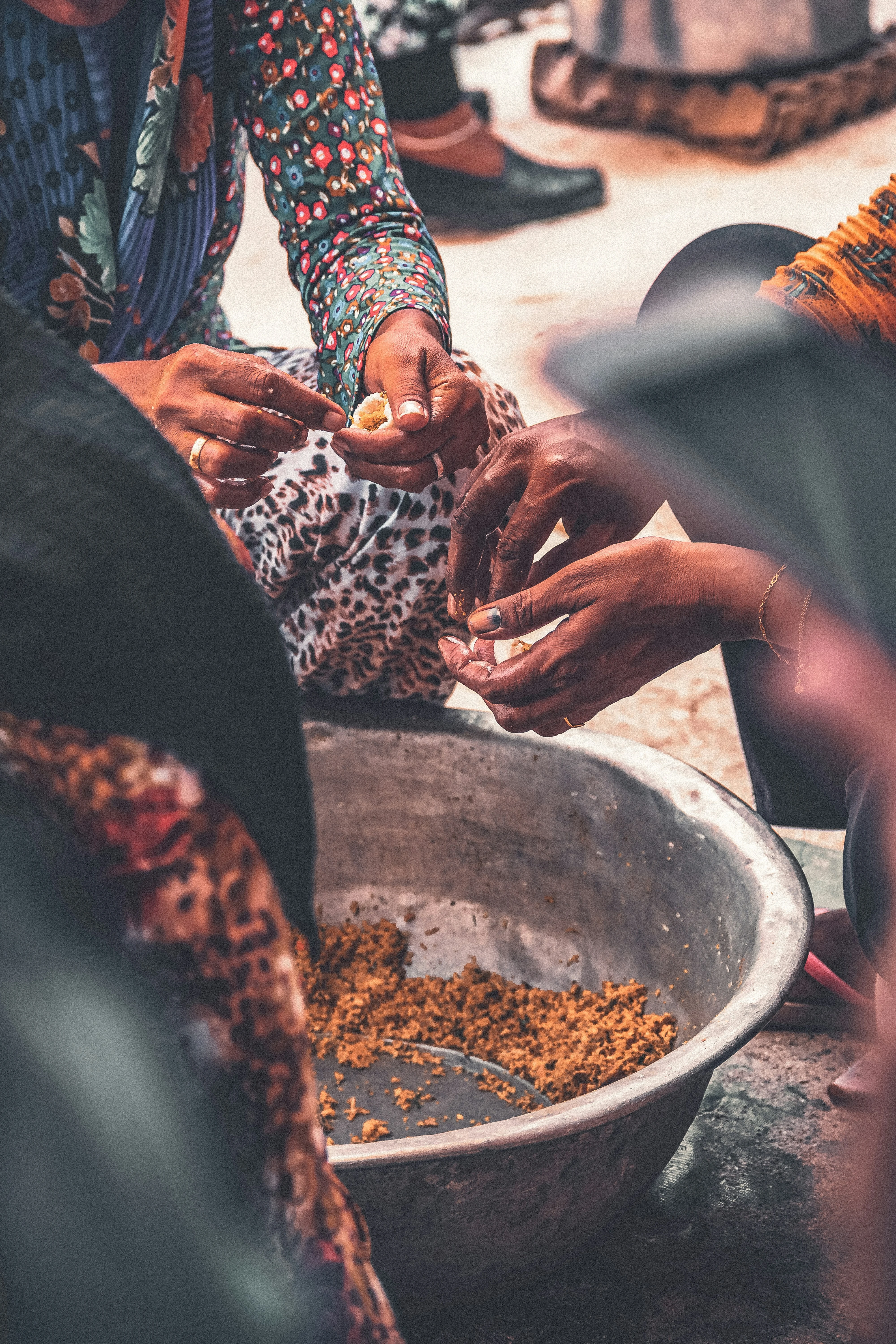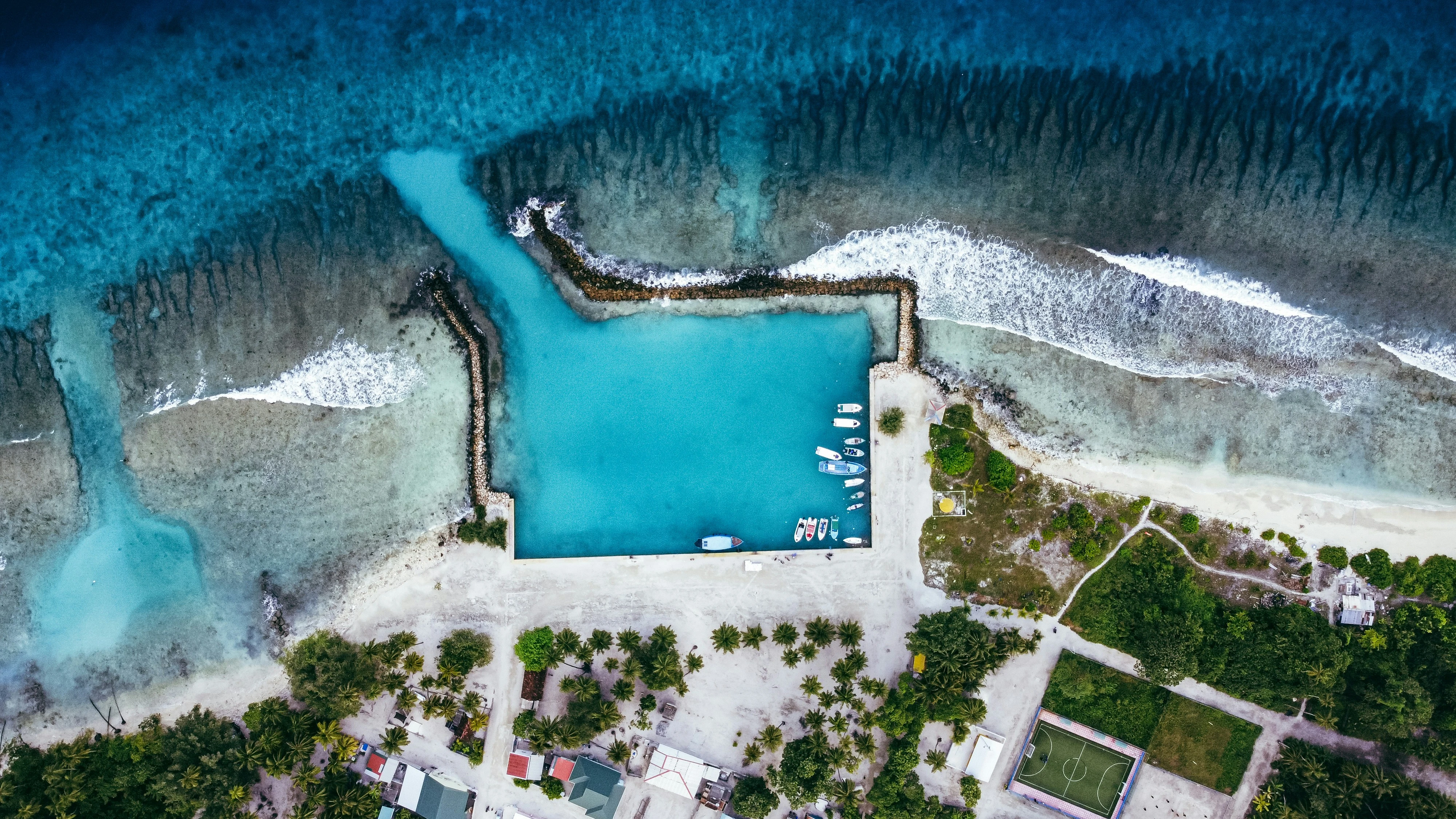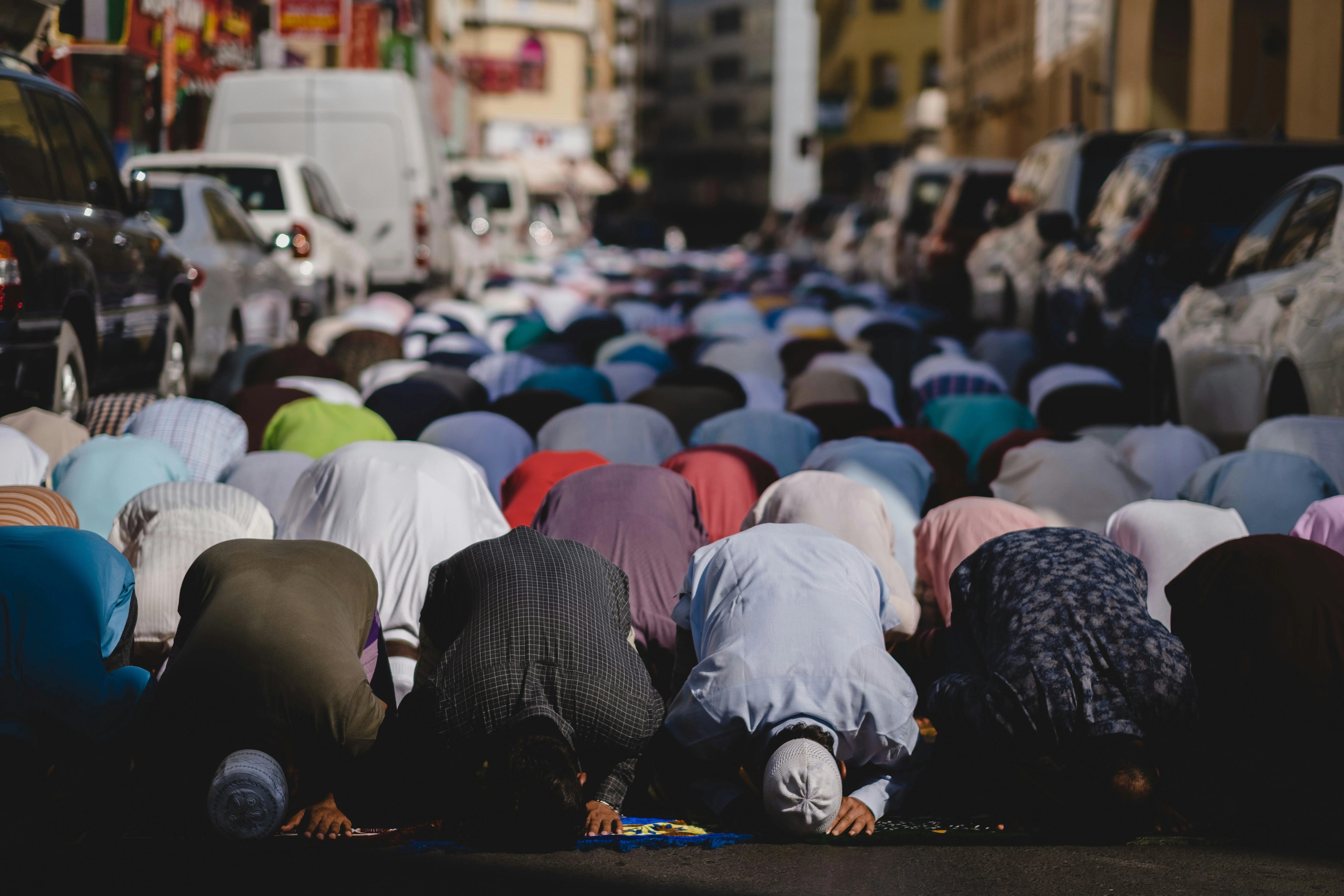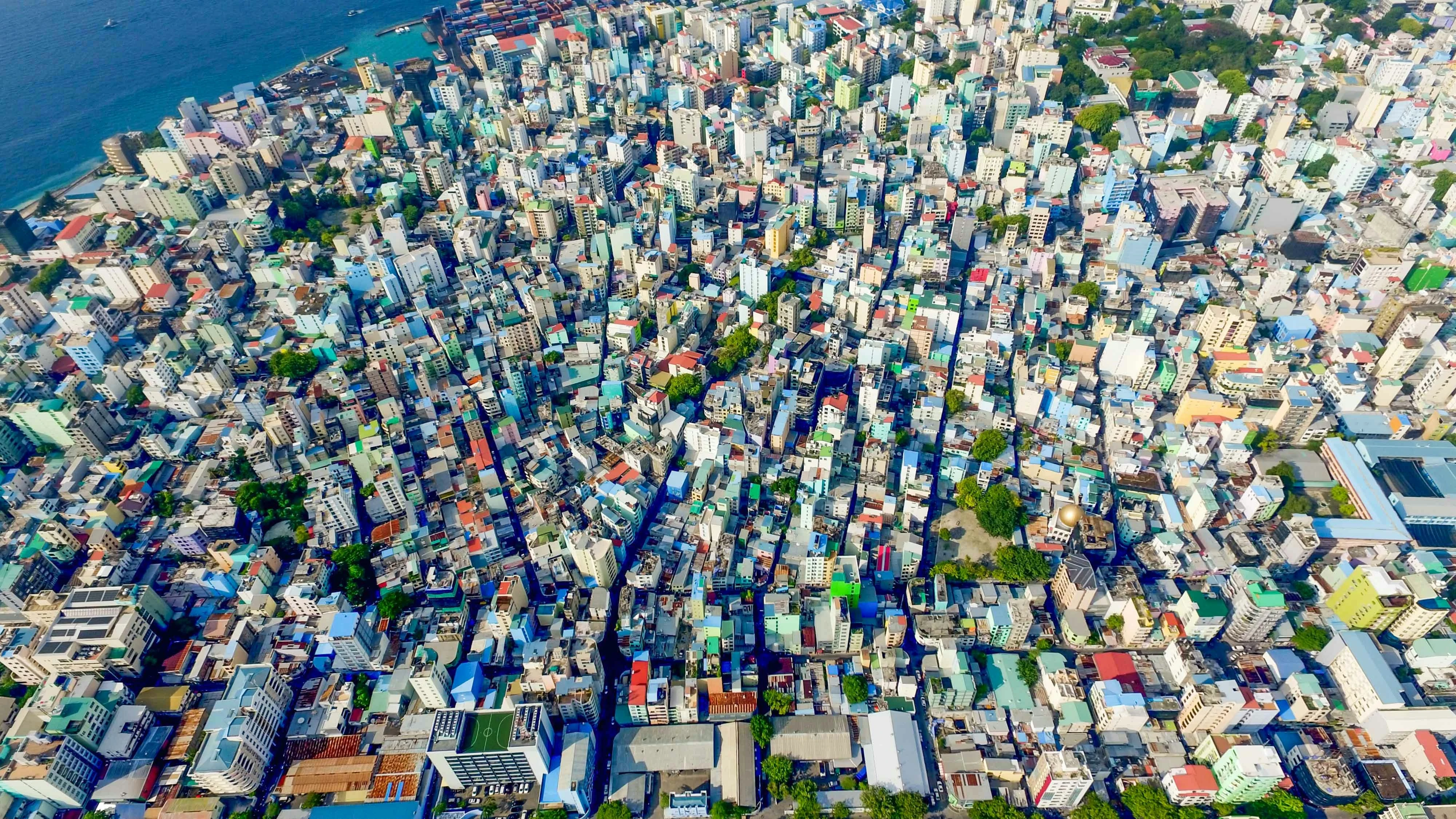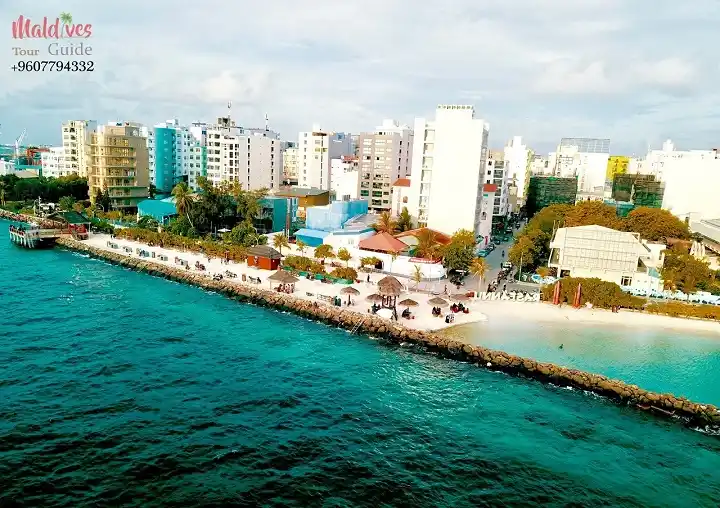Maldives Religion: A Comprehensive Analysis of Faith, History, and Demographics
The Maldives, an archipelago of 26 atolls scattered across the Indian Ocean, is renowned for its stunning white-sand beaches, crystal-clear waters, and luxurious resorts. However, beyond its postcard-perfect exterior lies a rich cultural tapestry deeply intertwined with religion. This article delves into the Maldives religion, offering a comprehensive overview of the nation's predominant faith, religions before islam, percentages, and the role of religion in daily life.
Quick Navigations (Topics covered in this guide)
Religion in the Maldives
extending as far north as Laamu Atoll.
Maldives Religion Before Islam: Exploring the Ancient Beliefs
Maldives Islamic history
The Buddhist Heritage
.
Hinduism
Maldives Religion Percentage
Religious Homogeneity in the Maldives
As of mid-2022, the U.S. government's estimation puts the overall population at 390,000. The Maldives government projected that 579,000 people lived there overall in 2022, with 187,000 of them people being foreign residents, primarily from Bangladesh, Sri Lanka, India, and Pakistan. Although it is a prerequisite for citizenship that the majority of the population practice Sunni Islam, accurate estimates of religious affiliations are lacking. It is believed that the majority of foreign workers are either Muslims, Hindus, Buddhists, Jews, or Christians; but, accurate figures of the proportion of foreign workers who practice other religions are not known.
The Maldives is one of the few countries in the world where 100% of the population adheres to a single religion, Islam. This religious uniformity is enforced by the constitution, which states that non-Muslims cannot be granted citizenship and that the practice of any religion other than Islam is illegal. As a result, the Maldives presents a unique case of religious demography, with a complete absence of religious diversity.
While this homogeneity is strictly maintained within the Maldivian population, the presence of tourists and expatriates brings a certain level of religious diversity to the islands. However, non-Muslims are required to practice their faith privately, and public expressions of non-Islamic religions are prohibited.
Statistics including expatriates
The Impact of Islam on Maldivian Society
Legal and Political Influence
The legal system in the Maldives is heavily influenced by Islamic Sharia law. The constitution requires that all laws and regulations conform to Islamic principles, and the country’s judicial system incorporates elements of both Sharia and common law. This has significant implications for various aspects of life, including marriage, inheritance, and criminal justice.
The political landscape of the Maldives is also deeply intertwined with religion. The president of the Maldives must be a Sunni Muslim, and religious leaders play an influential role in both political and social affairs. This close relationship between religion and politics ensures that Islamic values remain at the forefront of national governance.
Daily Religious Practices
Daily life in the Maldives is marked by religious observances, with the five daily prayers, or Salah, being a central aspect of Islamic practice. The call to prayer, or Adhan, echoes from mosques across the islands, reminding the faithful to engage in worship. Friday prayers, known as Jumu'ah, are particularly significant, with men gathering in large numbers at mosques for communal worship.
Ramadan, the holy month of fasting, is observed with great reverence in the Maldives. During this time, Muslims fast from dawn until sunset, and the entire nation adjusts its routine to accommodate this sacred period. The end of Ramadan is celebrated with Eid al-Fitr, a festive occasion marked by communal prayers, feasting, and the exchange of gifts.
The Preservation and Transformation of Religious Sites
Islamic Architecture in the Maldives
Following the conversion to Islam, the Maldives saw the construction of numerous mosques, many of which were built using coral stone, a unique architectural feature of the region. These mosques are not only places of worship but also significant cultural and historical landmarks. The Hukuru Miskiy (Friday Mosque) in Malé, for instance, is renowned for its intricate wood carvings and lacquer work, reflecting the artistic heritage of the Maldives.
The Fate of Pre-Islamic Sites
The introduction of Islam led to the gradual abandonment and destruction of many Buddhist and Hindu sites in the Maldives. Some of these sites were repurposed for Islamic worship, while others were left to decay. In recent years, there has been a growing interest in the archaeological exploration of these ancient sites, providing valuable insights into the Maldives' pre-Islamic history.
Challenges and Controversies
The Maldives' strict adherence to Islam and the prohibition of other religions have led to ongoing debates about religious freedom and human rights. International organizations have criticized the Maldives for its lack of religious tolerance, particularly regarding the treatment of non-Muslims and those who may wish to convert to another faith. The government has faced pressure to relax these restrictions, but any move in this direction is met with significant resistance from religious leaders and the broader public.
Balancing Tradition and Modernization
As the Maldives continues to develop, it faces the challenge of balancing its deep-rooted Islamic traditions with the demands of modernization. The influx of tourists and the increasing exposure to global cultures have introduced new ideas and practices that sometimes conflict with traditional Islamic values. This tension is particularly evident among the younger generation, who are more exposed to global influences through the internet and social media.
